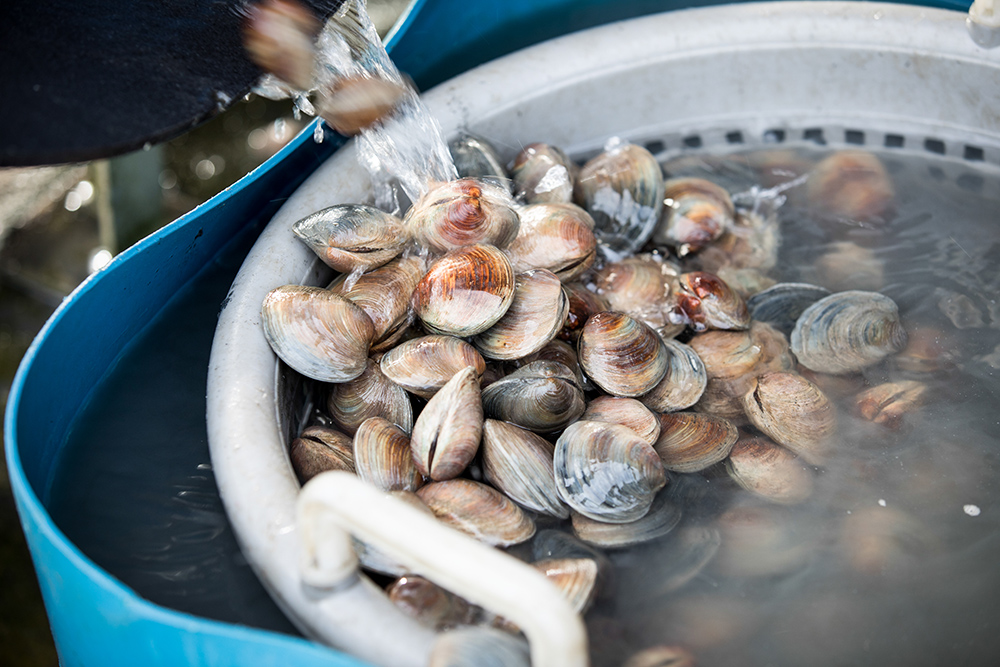|
| Known as specialty melons in their many variations, cantaloupes include (from left): (front) Christmas melon, Western Shipping, Honeydew; (back) Casaba, Juan Canary. |
Cantaloupes have uniform netting and slip from the vine when fully ripe. The netting is important. It allows these melons to be shipped across the country without damage. That's why they're often called Western-shipping melons.
The name muskmelon, which is just another term for cantaloupe, refers to the musky odor of cantaloupes.
Many people reserve this term for large melons that often have deep sutures, or indented lines, and very little if any netting. These melons are often called Eastern or Eastern shipping melons.
'Mush Melon' Not Entirely Wrong
Some even use the term "mush melon." This is just a mistaken pronunciation of muskmelon. It is somewhat descriptive, though, since these melons tend to soften quickly when ripe. And without rind netting, they're more susceptible to injury.
Another common type of cantaloupe is the honeydew melon, which has a green or cream-colored, smooth rind and flesh of a similar color. These melons don't slip from the vine at maturity. Consequently, it's harder to tell when they're mature.
Colorful Names
The more obviously different cantaloupe cousins are referred to as specialty melons. Often found in the supermarket in late summer or early fall, they have names such as Casaba, Crenshaw, Christmas melon and Juan Canary.
Colors for the rind range from bright yellow to green and yellow stripes. The flesh ranges from bright orange to salmon to green.
Some of these melons are found only in seed catalogs, so you'll have to grow them yourself to experience them.
Hard-to-find Melons
One such melon is the French Charentais. These melons have a gray or gray-blue, sutured rind with orange flesh. They can be quite tasty, but don't keep long after they've been picked.
Some cantaloupes have been developed for greenhouse production. An example is the Galia melon, which has a netted rind like a typical cantaloupe but with green flesh like a honeydew.
With specialty melons, whether you grow them yourself or buy them in the store, you're in for a treat of new flavors and, in many cases, higher sugar content than the standard cantaloupe or honeydew. Many have a much longer shelf life, too, so you have longer to enjoy them.







